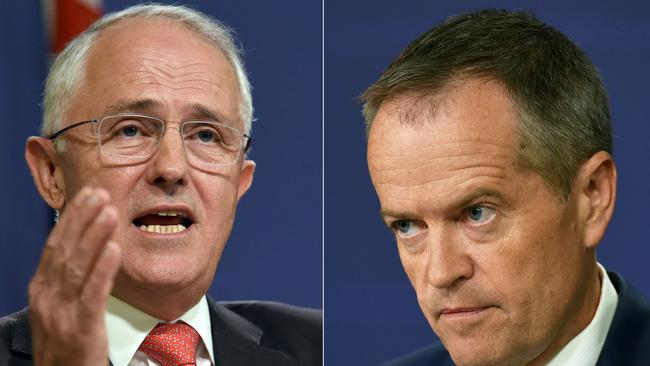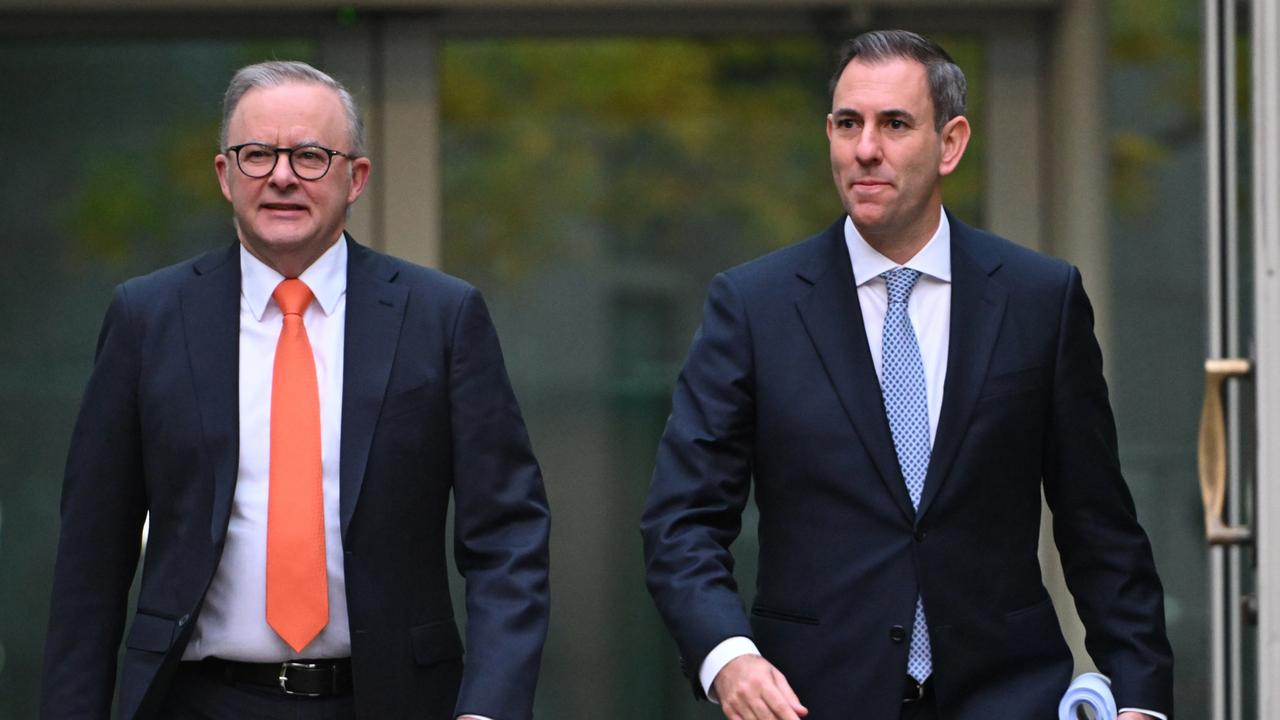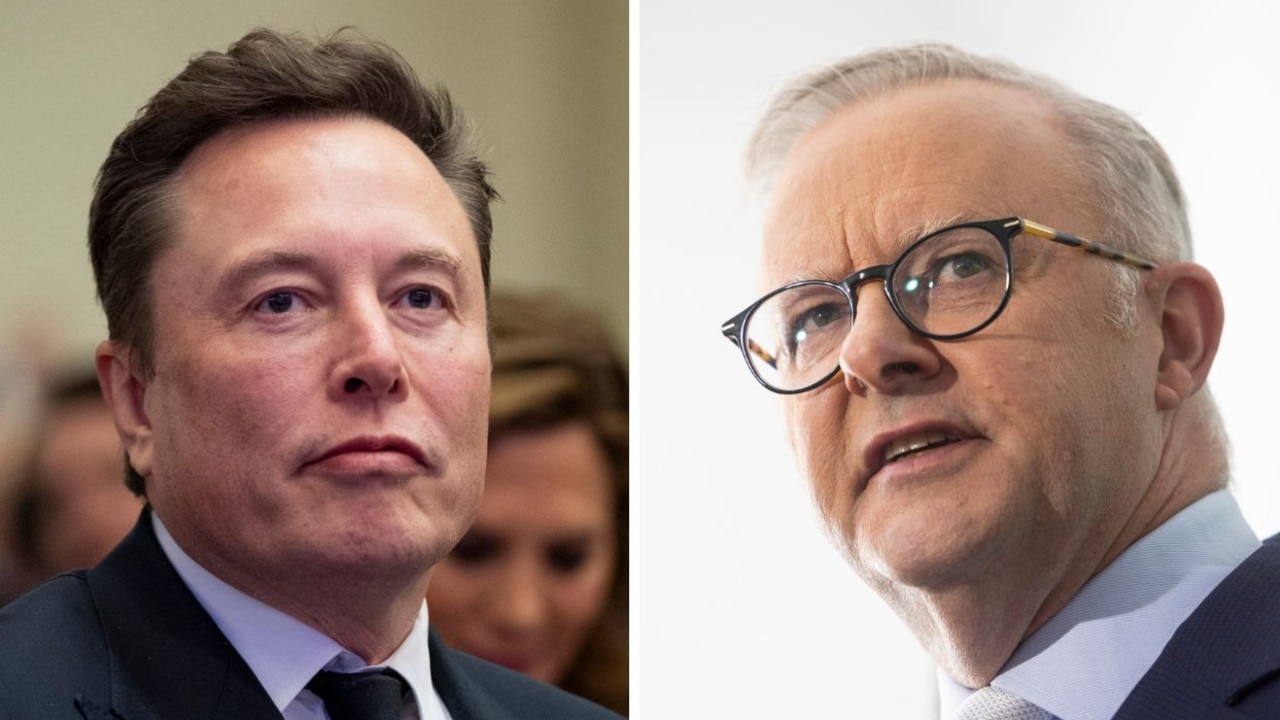Opinion: Political stability we used to boast of is under serious threat
IF the past is any guide, the man we “elect” as PM has less than an even chance of completing his three-year term and taking his party to the 2019 election.
Analysis
Don't miss out on the headlines from Analysis. Followed categories will be added to My News.
WHAT’s not to love about Italy? The music, the people, and the oh-so-glorious food. Everything, that is, except the politics.
While Italy still ranks in the first division of world democracies – it’s No.26 on global democratic indices, far lower than its international soccer ranking – there’s nothing enviable about the nation’s political instability.
Boasting 62 governments in 67 years, this nation of early democratic alchemists is hardly a role model today.
COUNTDOWN: More election news here
By contrast, at the core of any good Australian history or politics text book is a description of Australia’s political stability as one of our nation’s great virtues.
Born by statute and referendum and not by flintlock or revolution, Australia has been a model democracy largely because governments since 1945 have changed hands on average once every 10 years, and without a shot fired.
Indeed, even polling day punch-ups are rare.
And while our rotation of governments is still modest today, the three we’ve seen in the decade since 2006 is unusually high for Australia.
But here’s a scary thought. If the past six years are any guide, the man Australians “elect” – the inverted commas are necessary, as we’ll see later – as prime minister on July 2 has less than an even chance of completing his three-year term and taking his party to the 2019 election. How do you, as a voter, feel about that?
If so, Malcolm Turnbull or Bill Shorten – the only two viable prime ministerial candidates – will confirm what has become an alarming pattern in national politics: The political stability we used to boast of is under serious threat as volatility becomes the new norm.

In the 30 years between 1976 and 2006, for example, Australia had just four PMs. But in the 10 years since we’ve had five. On average, that’s a little more than one a year – the same number as Italian PMs. It’s not a good look domestically, nor does it inspire diplomatic or economic confidence among investor nations.
Why is this happening?
It’s got a lot to do with those inverted commas. Many Australians feel they “elect” their PMs on polling day. We do not. We elect parliaments, which then offer governments through lower house majorities, which then offer prime ministers and opposition leaders by virtue of those parliamentary numbers.
Worse still, Australians feel they “own” those prime ministers – hence the anger at Kevin Rudd’s (and, to a lesser extent, Tony Abbott’s) removal midterm. Leadership, of course, is the gift of the party: it’s granted without the wider electorate’s mandate, and it can – and should be – withdrawn just as easily.
How did Australians come to this?
Put simply, we’ve become conditioned by decades of electronic news media – a shallowing-out of political coverage – that has framed politics as an episodic soap opera featuring leaders as characters to boo and hiss.
We no longer regard political parties as packages of ideas and policies but as sporting teams whose overall image and performance can be improved by sacking the captain.
Ask your friends how they intend to vote on July 2. I suspect most will reply “Malcolm Turnbull” or “Bill Shorten” rather than “Coalition” or “Labor”.
Almost no one will name their local candidate.
In that sense, leaders have become the human embodiment of their parties – warts and all.
So what do parties do when faced with declining public opinion polls?
Like a record company whose one-time stellar pop star is now decidedly out of fashion, they terminate the contract and move to The Next Big Thing. That’s why I’m almost certain neither Turnbull nor Shorten will take their party to the 2019 election.
The loser on July 2 will be replaced – immediately in the Liberal Party and after several months of internal balloting in Labor – while the incoming (or returning) PM is tested by a new and potentially far more popular opposition leader.
Given neither Turnbull nor Shorten are winning hearts and minds (they’re both in negative territory in voters’ satisfaction scores), it won’t be hard for either man to be bested in the popularity stakes after July 2.
That returns us to the central question: how do you feel about the fact the man whom you “elect” on July 2 will most likely not remain PM?
It’s enough to make you close your eyes and dream of beautiful Italy.
Dr Paul Williams is a senior lecturer at Griffith University’s School of Humanities
Twitter:@PDWilliams1
Originally published as Opinion: Political stability we used to boast of is under serious threat


